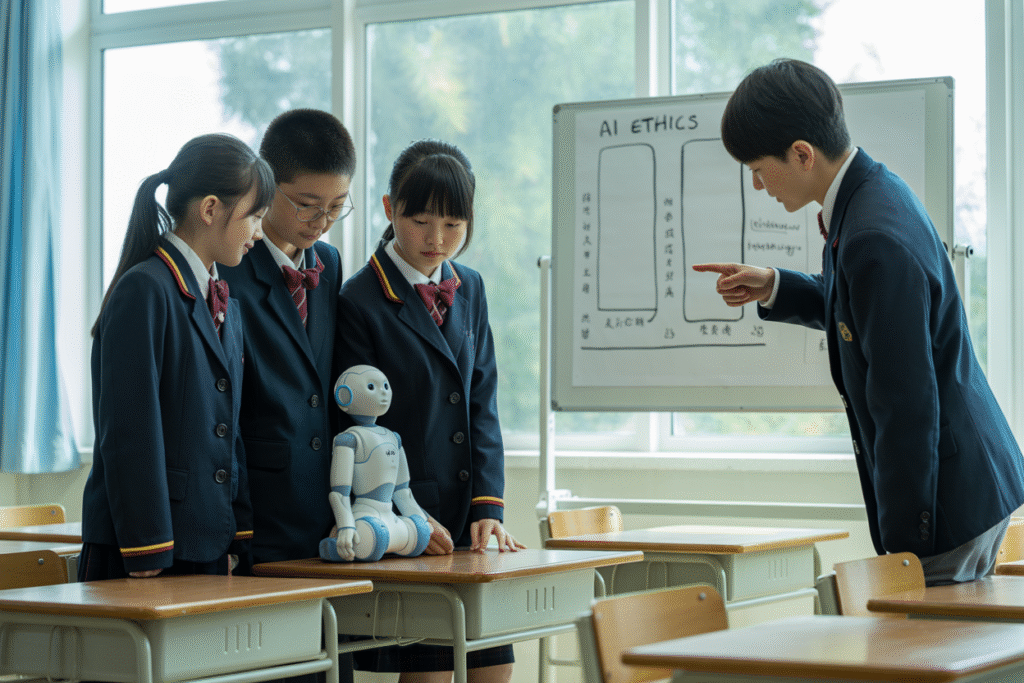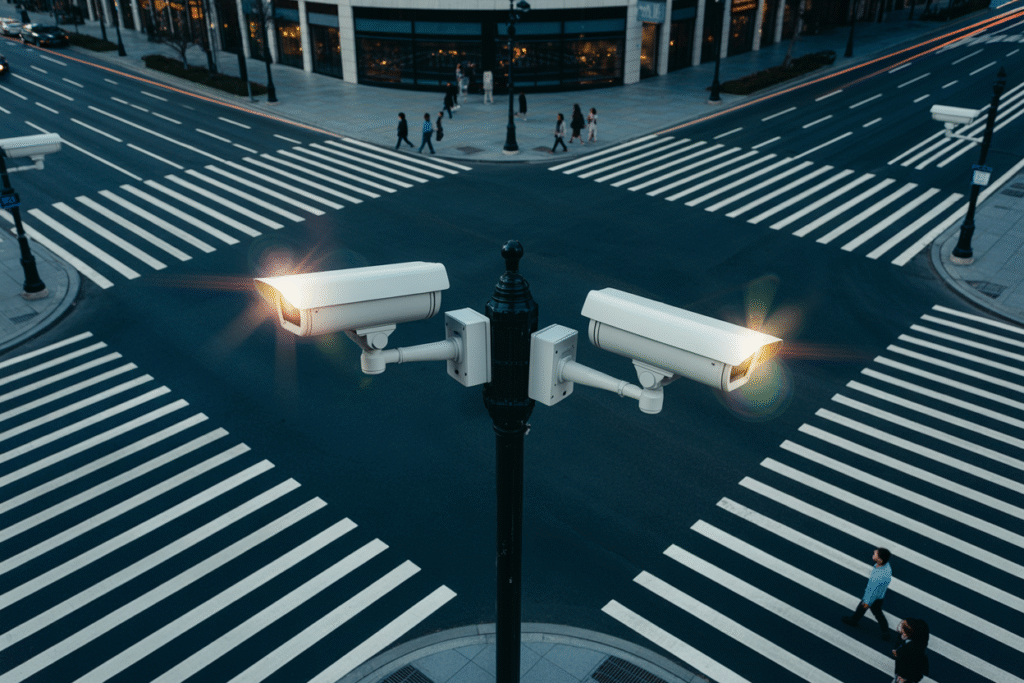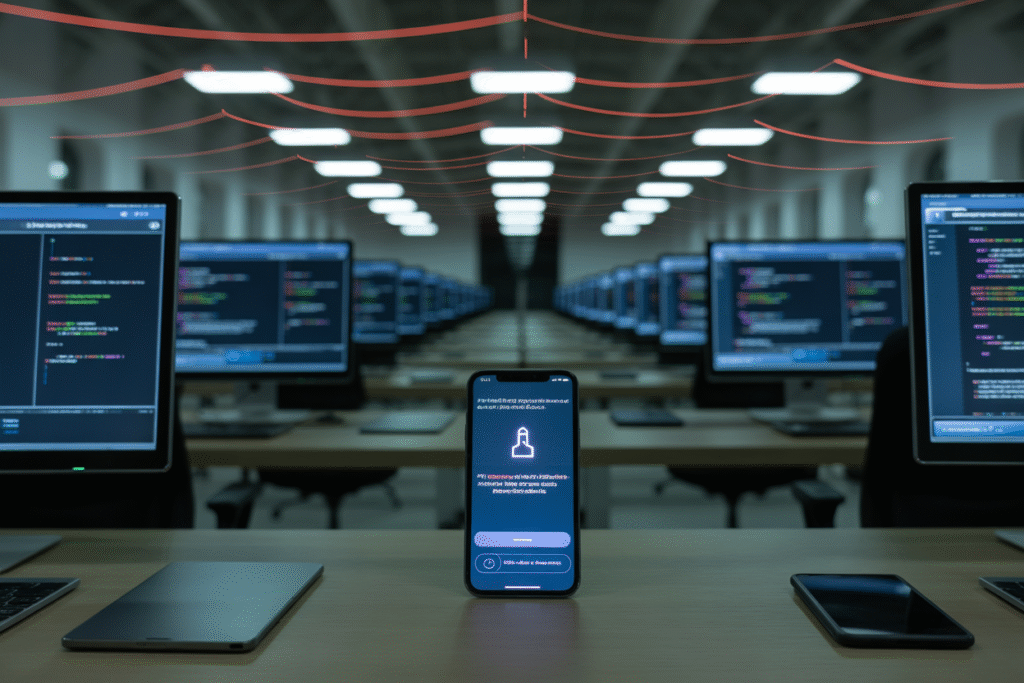China just made AI ethics a required school subject—here’s why the world is watching.
Imagine a classroom where ten-year-olds debate whether an algorithm should decide who gets a job. That scene is now mandatory across China, and the ripple effects could redraw the global AI map.
The Announcement That Rocked Silicon Valley
At 10:39 GMT on August 25, China’s Ministry of Education dropped a bombshell: every student, from first grade to senior year, will study artificial intelligence—including its moral minefields.
The policy lands in classrooms this autumn. Kids will code robots, crunch data, and, crucially, ask questions like “Who gets hurt when software is biased?”
Within minutes, the announcement lit up X, racking up 319 likes and 21,000 views. Venture capitalists in Palo Alto reached for extra coffee; parents in Shanghai reached for their kids’ schedules.
Inside the Curriculum: Coding Meets Confucius
Picture a lesson plan that pairs Python loops with ancient proverbs. Students will build chatbots, then dissect why a bot might favor one job applicant over another.
They’ll role-play scenarios: Should a delivery drone prioritize speed or privacy? Should a medical AI tell the whole truth if it might scare a patient?
Educators call it “technical fluency with moral guardrails.” Critics call it state-sanctioned philosophy. Either way, the homework just got existential.
Global Stakes: Why the West Is Nervous
The race for AI supremacy isn’t just about faster chips—it’s about whose values get baked into the code. By starting young, China could export not only software but also its ethical framework.
Western analysts worry this creates a generation fluent in both machine learning and party-approved morality. Imagine a future where Belt-and-Road projects arrive with Chinese-trained AI ethicists in tow.
Meanwhile, U.S. schools still debate whether to allow calculators in exams. The gap isn’t just technical; it’s philosophical.
Voices From the Front Lines
On X, user @MeghUpdates summed up the tension: “Forward-thinking or indoctrination?” Replies split down geopolitical lines.
One Shanghai parent posted, “My daughter asked if Alexa spies on us—now she’ll learn to ask better questions.” A San Francisco engineer replied, “Great, now we’ll need an ethics translator for every cross-border product.”
Even teachers are divided. Some relish the chance to blend STEM with Socrates; others fear scripted lessons that praise surveillance as civic duty.
What Happens Next—and Why You Should Care
If the pilot year succeeds, expect copycat programs from Seoul to Stockholm. Ed-tech startups are already pitching “ethics-as-a-service” lesson packs.
But the bigger shift is cultural. Today’s fifth-graders will graduate into a world where AI ethics isn’t a niche elective—it’s the price of admission to the global economy.
Watch for three flashpoints: university admissions essays on algorithmic bias, job interviews that test moral reasoning, and international standards that quote Chinese teenagers by name.


